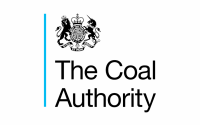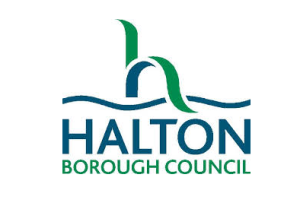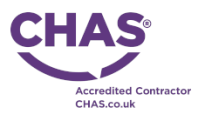
SUSTAINABLE INTEGRATED WEED MANAGEMENT
Our Integrated Weed Management (IWM) strategy incorporates a variety of weed control methods (including herbicide) for a more environmentally sustainable solution.
Why is Integrated Weed Management a Better approach?
Local authorities, property and land managers across the UK are under increasing pressure to maintain safe, attractive public spaces while also meeting sustainability goals and reducing reliance on herbicides.
That’s where Integrated Weed Management (IWM) offers a smarter, more sustainable solution. Rather than relying on one control method, IWM combines multiple, evidence-based techniques to achieve effective and long-term weed control across public land, highways, parks, and estates. Think of IWM as a recipe that improves over time. Methods include:
- BIOLOGICAL control methods can be extremely effective, such as deploying weevils for the control of certain aquatic weeds.
- MECHANICAL methods such as hand-pulling, cutting, cultivation and excavation is preferable over methods using chemicals, and more suitable for some species.
- CHEMICAL usage will remain a highly effective method of control, but reducing usage should be part of an IWM strategy.
- CULTURAL practices can be modified to achieve longer-term weed control such as planting wildflower verges.
- PREVENTION should be part of the plan by adopting biosecurity protocols to prevent the spread of invasive weeds.
What should be considered before developing an integrated weed management plan?
We all like to live in an aesthetically pleasing environment, no litter, pretty flowers and no weeds on our paths to cause trip hazards or other safety issues. Achieving this with ever squeezed budgets plus public perception is a difficult task for any land manager or large local authority. At Environment Controls our experts have factors to consider before formulating an integrated weed management plan, such as:
- Public perception of weeds on green spaces, pavements and streets.
- What is an accepted level of weed control.
- Sustainability targets required.
- Client’s budget.

Why is herbicide often still part of the plan?
Whilst Integrated Weed Management (IWM) or Integrated Pest Management (IPM) focuses on long-term prevention of pests or their damage through a combination of techniques, herbicide is often still involved.
But – and this is what makes IWM different – it’s used alongside other effective techniques, such as biological control, habitat manipulation, modification of cultural practices, and use of resistant varieties in horticulture and agriculture. The herbicides used are selected and applied in a manner that minimises risks to human health, non-target organisms, and the environment.
Reducing the reliance on herbicide alone can also help prevent plant resistance to overused herbicides, which has become evident in some select weed species worldwide.
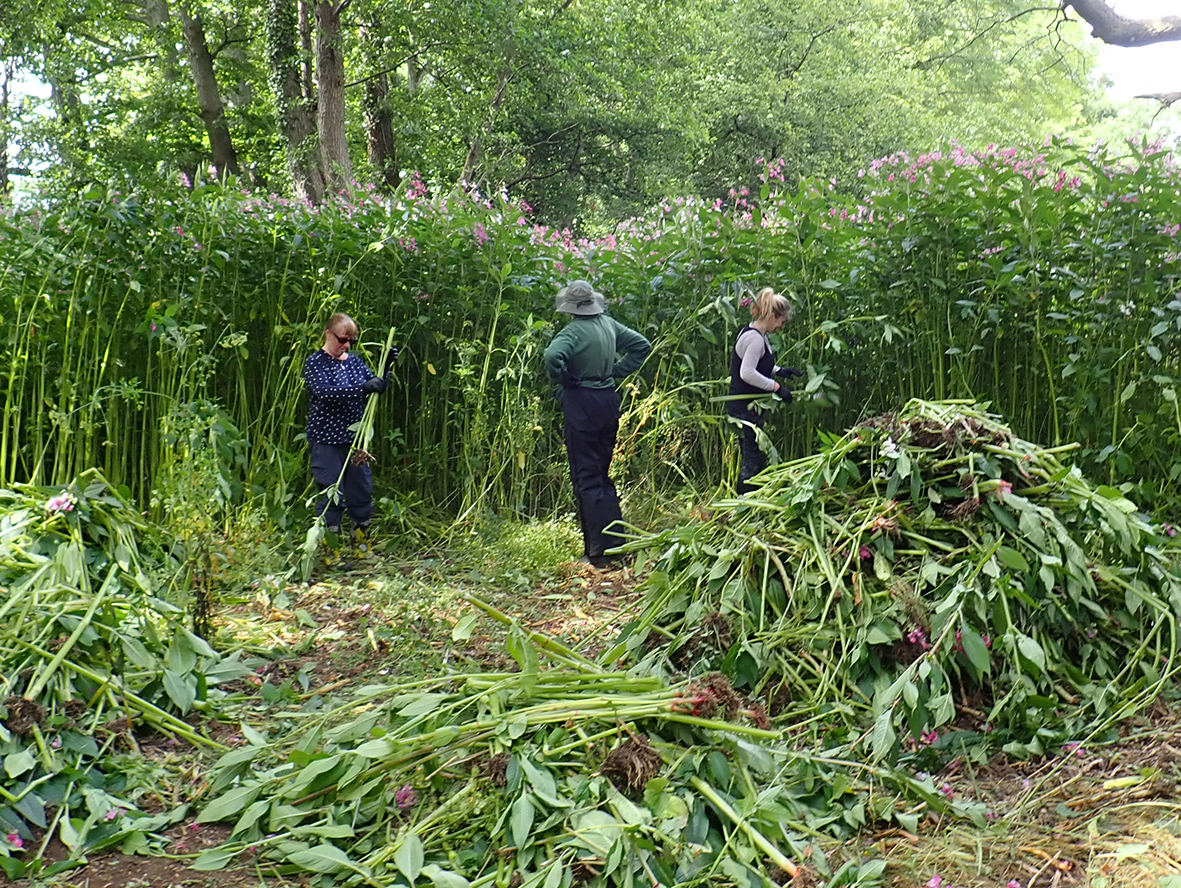
what are the benefits of an integrated weed management plan?
IWM is ideal for County and District Councils, Housing Associations and property management, as this approach uses minimal herbicide application by targeting it more precisely in combination with other non-herbicide management systems. It is especially beneficial for amenity weed control on unwanted vegetation along highways, roadside verges, roundabouts, paths and green spaces on residential sites. The main benefits include:
- Minimised chemical usage with targeted herbicide treatment.
- Integrated ‘sweeping’ regimes with herbicide applications.
- Reduces risks associated with herbicide use, storage, handling and disposal.
- Reduced reliance on mowing regimes by creating wildflower verges.
- A more sustainable option to weed management.
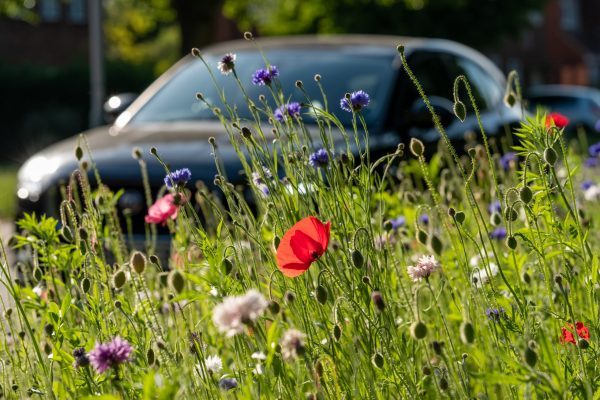
setting expectations from an IWM strategy
When adopting an IWM strategy, there are a few considerations to keep in mind:
- Amenity weed control comes with a degree of expectations. Some areas may be more weedy than in previous years due to the alternative method(s) used, but with the right communication to stakeholders and members of the public this is generally not an issue.
- Some alternative methods such as biological control may take longer to implement but will have better long-term results.
- When planting wildflower verges the seed mix needs to be carefully chosen so as not to plant dominant varieties that will out-compete the others and die back can be a little scruffy for a short period of time.

iwm consultancy package
Environment Controls offers a Consultancy Service that provides a bespoke weed management strategy for the year, based on your goals and requirements, and key factors such as:
- New government directives mean Local Authorities should evidence an amenity weed management strategy that is compliant with current legislation and environmentally sustainable.
- The next generation of home buyers will expect to see a legacy of improvement when it comes to keeping their environment weed free.
- Commercial businesses seek options that meet their biodiversity goals.
WHAT’S INCLUDED?
Your IWM consultancy starts with a series of structured questions designed to determine your exact weed control requirements, followed by a consult call with our Specialist Advisory team to discuss the findings.
After your consultation, you’ll receive your bespoke IWM plan with full advice on recommended actions and implementation or, if you prefer, we can quote to provide the services.





















